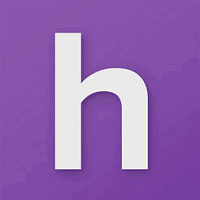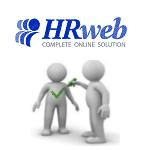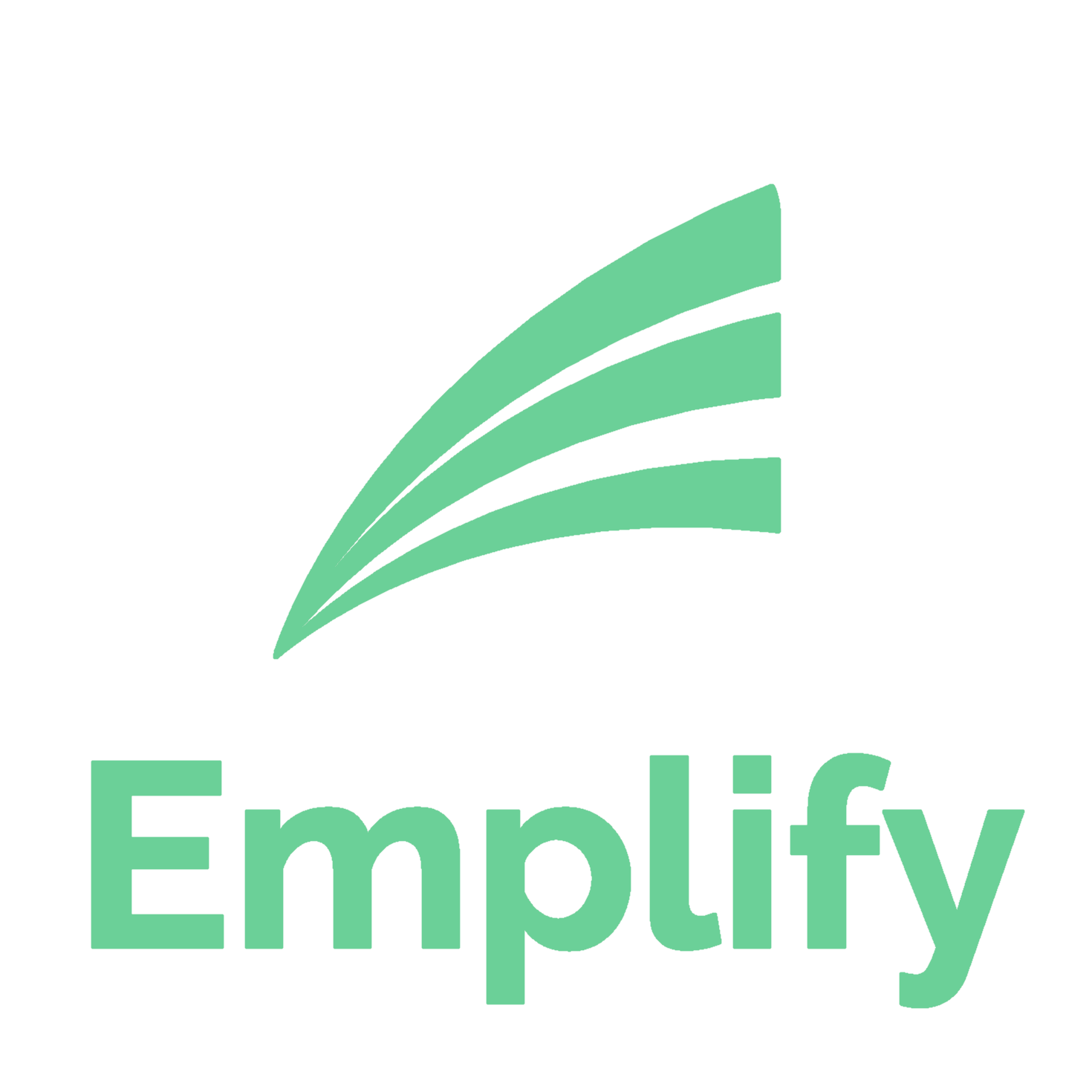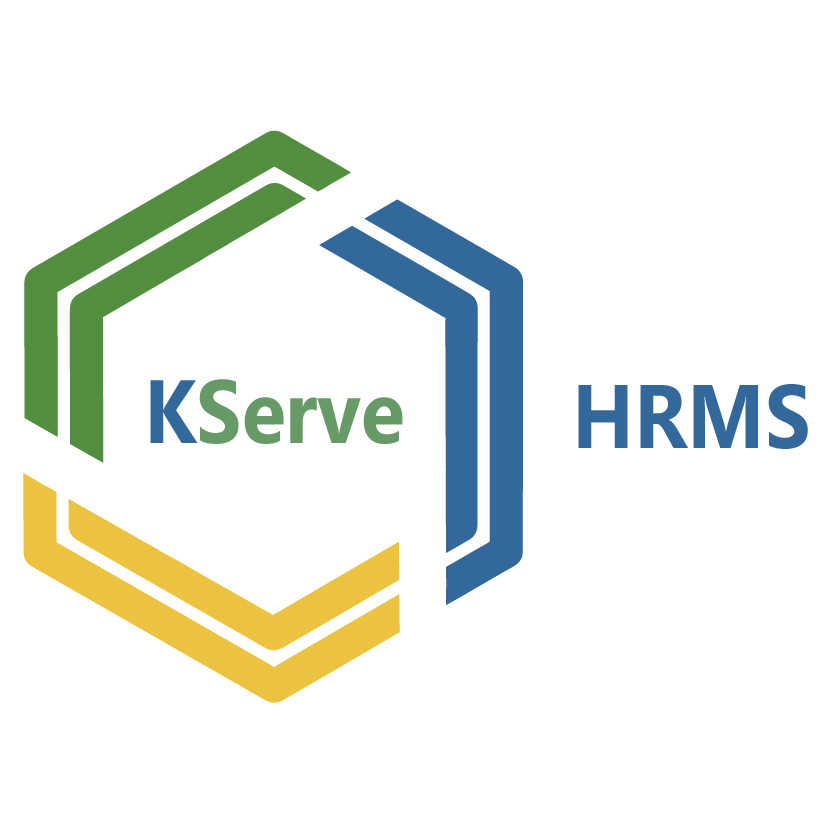Description
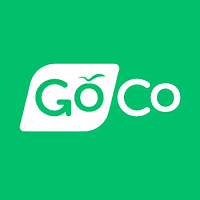
GoCo

Orbital Shift
Comprehensive Overview: GoCo vs Orbital Shift
GoCo and Orbital Shift are both cloud-based platforms designed to streamline business operations, but they cater to different aspects of workforce management. Here's a comprehensive overview of each:
a) Primary Functions and Target Markets
GoCo:
- Primary Functions: GoCo is primarily an all-in-one HR platform that focuses on simplifying various HR tasks, such as onboarding, benefits administration, payroll integration, compliance, and employee self-service. It aims to consolidate HR processes into a single, user-friendly interface to enhance efficiency and accuracy.
- Target Markets: GoCo targets small to mid-sized businesses (SMBs) that need a robust yet flexible HR management solution. It’s particularly appealing to companies that lack a dedicated HR department and require a platform to manage HR functions seamlessly.
Orbital Shift:
- Primary Functions: Orbital Shift specializes in workforce management with a strong emphasis on employee scheduling and time tracking. The platform offers features like shift planning, labor cost forecasting, clock-in/clock-out capabilities, and team communication.
- Target Markets: Orbital Shift is aimed at industries with hourly workers, such as retail, hospitality, healthcare, and any other sectors that require precise labor scheduling and time management solutions. It serves businesses that need to balance labor costs with employee scheduling efficiency.
b) Market Share and User Base
GoCo:
- GoCo, as an HR software provider for SMBs, has carved out a niche market within the broader HR technology landscape. It competes with other HR platforms like Gusto, Zenefits, and BambooHR. Although it may not have the absolute market dominance of some larger entities, it has a growing user base due to its focus on integrating and simplifying HR processes for smaller businesses.
Orbital Shift:
- Orbital Shift, focusing on scheduling and time management, competes with other scheduling software like When I Work, Deputy, and Shiftboard. Its market share is more concentrated in industries with a high demand for hourly labor management. While not the largest player in the workforce management field, it holds a solid position within its target sectors due to its ease of use and industry-specific functionality.
c) Key Differentiating Factors
GoCo:
- Comprehensive HR Suite: GoCo differentiates itself by offering a holistic platform that integrates various HR needs. This all-in-one approach is particularly attractive to SMBs looking to consolidate multiple HR functions into a single solution.
- Ease of Integration: The platform is known for its ability to integrate with other popular business tools and payroll systems, making it adaptable to a company's existing workflow.
- User-Friendly Interface: GoCo’s design focuses on simplicity and ease of use, allowing users with little HR expertise to navigate the system effectively.
Orbital Shift:
- Specialization in Scheduling: Unlike more general HR platforms, Orbital Shift focuses intensely on scheduling and time tracking, providing industry-specific tools that address unique challenges related to hourly workforce management.
- Real-Time Communication: The platform emphasizes team communication, providing features that facilitate effective interaction between managers and employees, which is crucial for dynamic scheduling environments.
- Labor Cost Management: Orbital Shift effectively helps businesses manage labor costs through forecasting and analysis tools, which is particularly important for industries with tight profit margins and fluctuating manpower requirements.
In summary, while both GoCo and Orbital Shift serve the broader goal of workforce management, GoCo is more aligned with comprehensive HR management for SMBs, whereas Orbital Shift provides specialized tools for scheduling and managing hourly employees in industries requiring precise labor management. Each platform’s strengths are tailored to the specific needs of its target market, influencing their comparative market positions and user bases.
Contact Info

Year founded :
2019
Not Available
Not Available
India
Not Available

Year founded :
2009
+1 406-552-0312
Not Available
United States
http://www.linkedin.com/company/orbital-shift
Feature Similarity Breakdown: GoCo, Orbital Shift
As of my last update, GoCo and Orbital Shift are two distinct software solutions that cater to different aspects of workforce management. Here's a breakdown of their features and comparisons:
a) Core Features in Common:
-
Employee Scheduling:
- Both GoCo and Orbital Shift offer features to create, manage, and adjust employee schedules. They provide tools to ensure that staffing levels are maintained without conflicts.
-
Time Tracking:
- Both platforms have functionalities for tracking employee hours, clock-in/clock-out times, and managing timesheets, which helps in payroll processing.
-
Employee Management:
- Both systems include features for managing employee information, roles, and permissions, ensuring that managers can have a centralized database for employee data.
-
Compliance Management:
- Both offer tools and alerts to ensure businesses remain compliant with labor laws and regulations, though their specific offerings may differ in detail.
b) User Interface Comparison:
-
GoCo:
- GoCo is known for a user-friendly interface that emphasizes simplicity and ease of navigation. It's designed to provide an intuitive experience, often integrating seamlessly with HR workflows. The dashboard is customizable, allowing users to access commonly used features quickly.
-
Orbital Shift:
- Orbital Shift provides a more focused interface for scheduling and workforce management. The user interface is designed to handle complex scheduling scenarios, and the drag-and-drop functionality enhances ease of use. It also provides real-time updates, which ensures managers have the latest information at their fingertips.
c) Unique Features:
-
GoCo:
- HR and Benefits Administration: GoCo stands out with its extensive HR and benefits administration features. It focuses heavily on employee onboarding, benefits management, and overall HR process automation. This makes it a more comprehensive HR solution beyond just scheduling and time tracking.
- Integration with Payroll Providers: GoCo offers robust integration capabilities with various payroll systems, making it appealing for businesses looking to streamline HR and payroll functions.
-
Orbital Shift:
- Advanced Scheduling Tools: Orbital Shift excels in providing advanced tools for optimizing shift schedules and managing labor costs. Features like shift swapping, drop requests, and real-time schedule adjustments are more pronounced here.
- Communication Tools: Orbital Shift offers strong internal communication tools that help facilitate direct communication between employees and managers, such as messaging about shift changes or requests.
In essence, while both platforms offer strong core functionalities for employee scheduling and time tracking, GoCo leans more towards comprehensive HR and benefits management, making it a versatile tool for HR teams. In contrast, Orbital Shift sharpens its focus on workforce scheduling and management, appealing to managers who need detailed and flexible scheduling functionalities.
Features

Document Management
Payroll and Benefits Administration
Performance Management
Human Resources Management

Compliance and Reporting
Labor Cost Management
Efficient Scheduling
Employee Communication
Time and Attendance Tracking
Best Fit Use Cases: GoCo, Orbital Shift
GoCo and Orbital Shift are both platforms designed to streamline human resources (HR) and workforce management, but they cater to different needs and use cases depending on the specific requirements of a business or project.
GoCo
a) Best Fit Use Cases for GoCo:
-
Small to Medium-Sized Businesses (SMBs): GoCo is particularly well-suited for SMBs that need an all-in-one HR platform. It offers functionality for managing employee benefits, onboarding, and compliance, which are often challenging for smaller businesses without dedicated HR departments.
-
Centralized HR Functions: Businesses looking to centralize their HR operations will find GoCo useful, as it integrates benefits administration, payroll, and employee self-service in one platform.
-
HR Software Flexibility: Companies that require customizable workflows and integrations with other HR tools might prefer GoCo due to its flexibility and ability to integrate with a variety of third-party applications.
Orbital Shift
b) Preferred Scenarios for Orbital Shift:
-
Shift-Based Industries: Orbital Shift excels in industries where shift scheduling is critical, such as retail, hospitality, healthcare, and manufacturing. It provides robust tools for managing employee schedules, tracking time, and optimizing labor costs.
-
Demand for Workforce Visibility: Businesses that require real-time insights into employee attendance and labor costs would benefit from Orbital Shift's capabilities in workforce management.
-
Compliance and Reporting Needs: Companies in regulated industries that need detailed reporting and compliance management related to working hours will find Orbital Shift beneficial.
Industry Verticals and Company Sizes
d) How these products cater to different verticals or company sizes:
-
Industry Verticals:
- GoCo: Typically caters to a broad range of industries but is particularly beneficial for sectors like technology, services, and startups, where comprehensive HR management is needed without the complexities of shift work.
- Orbital Shift: Targets industries with a larger emphasis on workforce management and shift scheduling, like hospitality, healthcare, and retail.
-
Company Sizes:
- GoCo: Aimed at small to medium-sized enterprises seeking a comprehensive yet straightforward HR solution that can scale with growth. Its pricing and features make it accessible to businesses that do not have a vast HR infrastructure.
- Orbital Shift: Suitable for companies of various sizes but particularly beneficial for mid-sized businesses that operate with substantial hourly workforces. It scales to accommodate complex scheduling needs without overwhelming smaller teams.
In summary, GoCo is preferable for SMBs needing comprehensive HR management, while Orbital Shift is ideal for businesses with significant scheduling and workforce management demands. Each caters to different verticals and sizes by focusing on their respective strengths in HR and workforce management.
Pricing

Pricing Not Available

Pricing Not Available
Metrics History
Metrics History
Comparing teamSize across companies
Conclusion & Final Verdict: GoCo vs Orbital Shift
To provide a conclusive evaluation of GoCo and Orbital Shift, we need to examine the key factors that influence their overall value, their respective pros and cons, and specific recommendations for decision-making.
Conclusion and Final Verdict:
a) Considering all factors, which product offers the best overall value?
The best overall value depends on the specific needs of the user. GoCo shines in its comprehensive HR management capabilities, making it a strong choice for businesses seeking a robust, all-in-one HR solution. On the other hand, Orbital Shift offers exceptional value for organizations that require focused workforce scheduling and labor management tools, particularly in industries where managing shift workers efficiently is crucial.
b) What are the pros and cons of choosing each of these products?
GoCo:
Pros:
- Comprehensive HR platform that includes payroll, benefits management, onboarding, and document management.
- Intuitive user interface and customizable workflows.
- Seamless integration with various third-party applications.
- Strong customer support and easy implementation.
Cons:
- May have more features than necessary for companies solely interested in scheduling and labor management.
- Pricing can be higher compared to niche solutions catering only to scheduling.
Orbital Shift:
Pros:
- Specializes in employee scheduling and labor management, ideal for businesses in retail, hospitality, and healthcare.
- Helps optimize labor costs and improve shift coverage with advanced scheduling features.
- Offers real-time communication tools for better team coordination.
- More affordable for businesses needing only scheduling solutions.
Cons:
- Lacks the full HR suite offered by GoCo, potentially requiring additional systems for comprehensive HR management.
- May not be suitable if the business requires extensive non-scheduling HR functionalities.
c) Are there any specific recommendations for users trying to decide between GoCo vs Orbital Shift?
-
Assess Your Needs: Organizations should start by evaluating their needs. If comprehensive HR management is a priority and your budget allows for it, GoCo is the more suitable choice. However, if your primary need is efficient workforce scheduling, Orbital Shift provides targeted solutions.
-
Consider the Size of Your Organization: Smaller businesses or those with straightforward HR requirements may find Orbital Shift more cost-effective. Larger organizations with complex HR processes might benefit more from GoCo's extensive features.
-
Integration Requirements: If your business relies on specific tools or software, verify the integration capabilities of both platforms to ensure seamless operation.
-
Budget: Consider the cost implications of each solution. While GoCo may have a higher upfront cost, it might reduce the need for multiple other systems. Conversely, if budgeting is tight, Orbital Shift might be the more economical option.
In conclusion, both GoCo and Orbital Shift have their strengths and cater to different aspects of workforce management. Companies should carefully assess their priorities and resources before making a choice.
Add to compare
Add similar companies
